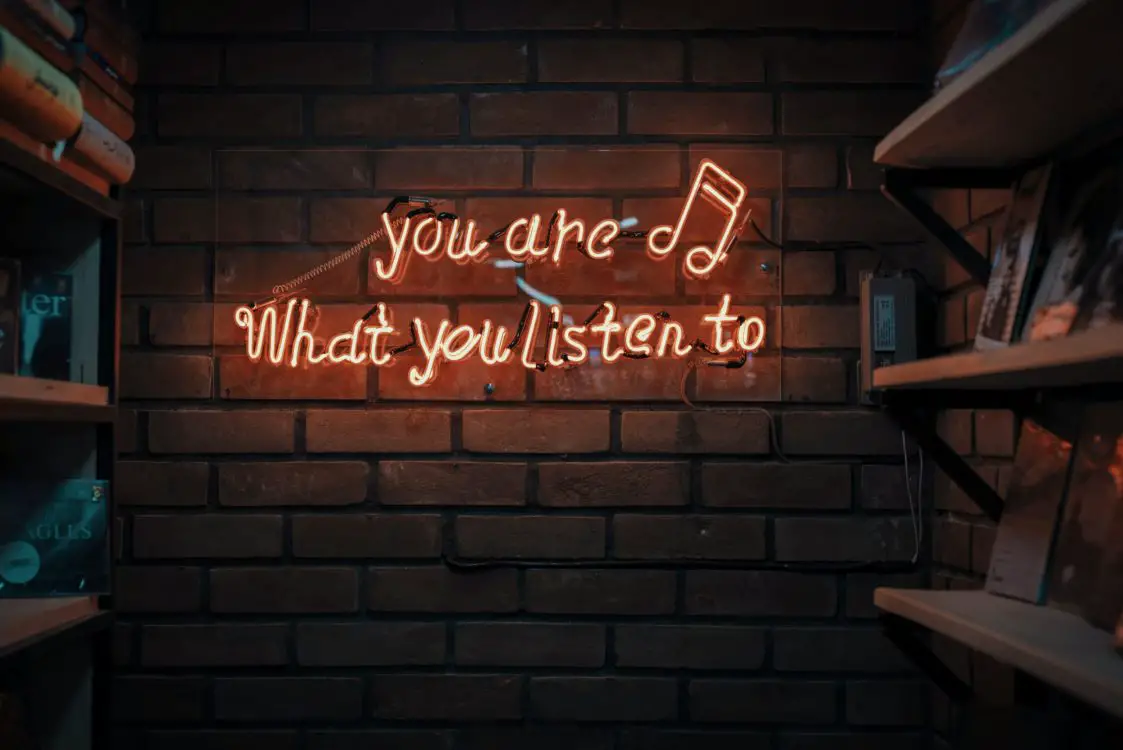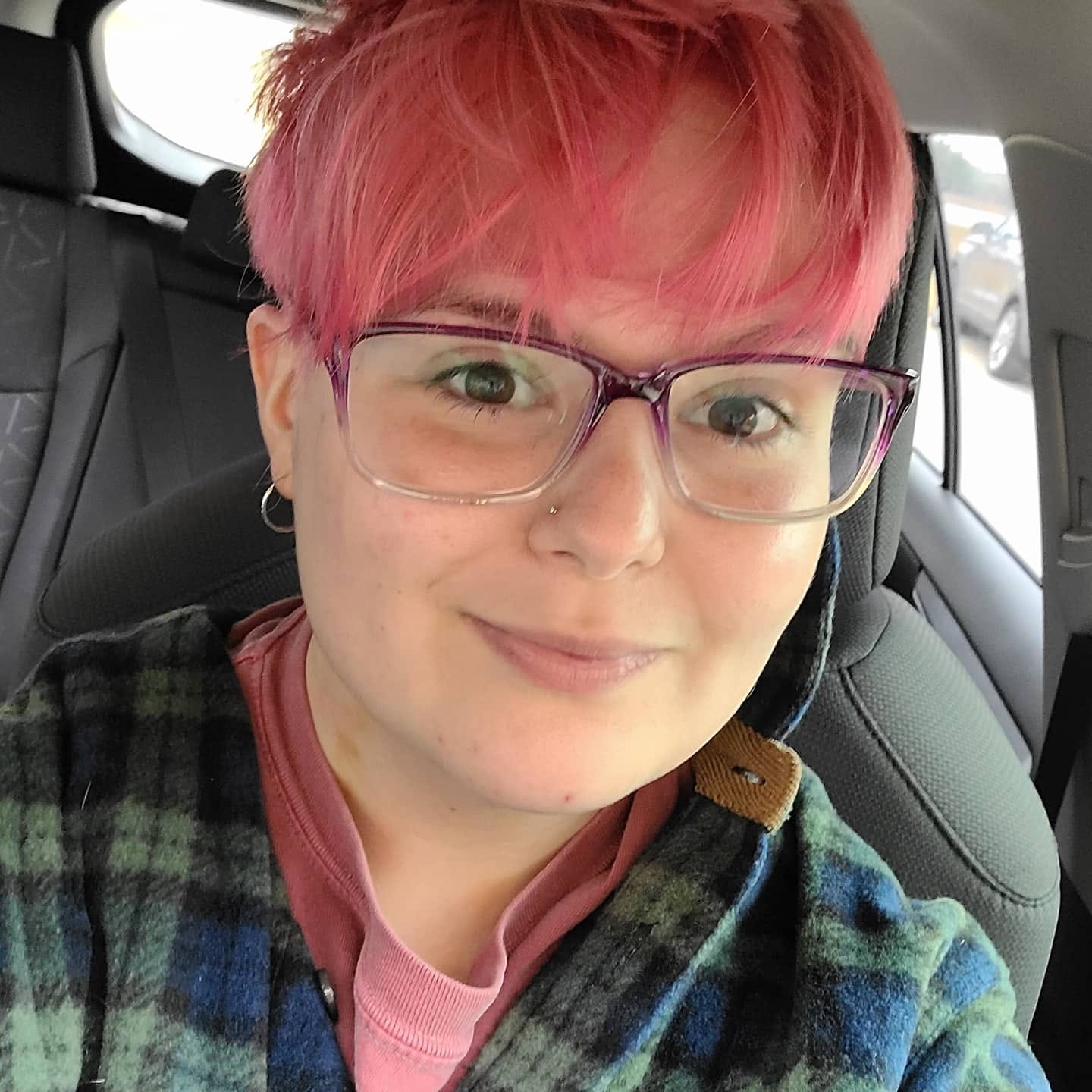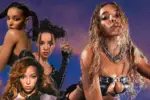Music is the lifeblood of many people. It gets us through the day, helps us solve our troubles and eases the blues. Every emotion — happy, sad, angry and everything in between — is often felt and softened by music. So, what’s the deal with the villain era in music?
The villain era is a trend found on TikTok, a large social media platform that’s made up of short videos. There are thousands of videos tagged to this newest trend, with topics ranging from looking the part to new music that seems to fit the theme. Entering the villain era does not mean you have to become evil or downright nasty, however, and the music reflects this. According to Janelle Neary, it simply means putting yourself — your needs, wants and boundaries — first: something we all seem to need these days.
Throughout time, there has always been some form of feminine villain story in music. Usually, it’s in the form of a revenge song. Take Carrie Underwood’s “Before He Cheats” (2005) and Reba McEntire’s “The Night the Lights Went Out in Georgia,” (1991) for instance. Two strong songs about a woman getting revenge on a no-good, cheating liar. But it’s not exclusive to country music. Taylor Swift, while in her pop years, can be included in this lineup. One might argue, though, that her song “Look What You Made Me Do” (2017) could have helped form this trend; however, the villain era feels too new for these songs to fit.
If the villain era is about shifting the focus from pleasing others to pleasing oneself, then what music fits? Peachkka, whose song “Villain Era” has about 330 videos tagged to it on TikTok, is one of the few people with a song that is precisely on point with the theme. The lyrics “I’m firm in my boundaries, I don’t have to people please” recur throughout the song. Margo is another artist whose music matches the feel of the villain era as well. “LOVELOST” tells listeners to ignore the judgments of others with lyrics that evoke the “save yourself” mentality.
But maybe it’s not the lyrics that make a song a villain-era masterpiece. From browsing several Spotify playlists, it becomes clearer that each individual person defines this era of music in their own way. It’s less about the women who are producing the music that seems to be dominating TikTok and more about the feelings a song elicits that define it as part of the villain era.
Samantha Gross has a playlist on Spotify titled, “My villain era starts now.” She has described it as a “broken-hearted hero turned narcissistic villain with a god complex arc” or “sad bitch to bad bitch.” Yet the music extends back to the 1960s and spans multiple genres. There are songs from Broadway musicals such as “Chicago,” punk alternative bands like Paramore and even Lesley Gore’s “You Don’t Own Me.” Not one song feels out of place, though. Other playlists have featured some of the same songs that evoke the villain era, but never the exact same ones.
Perhaps the villain era in music has more to do with the people listening than the actual artists. After all, our taste in music comes from many sources. According to Wonderopolis’ piece on why we choose the music we like, factors such as age, culture and personality affect what we put on our playlists. It can even change with location and the people we surround ourselves with. For someone who has listened to mostly country and ’80s music, moving to the city for college introduced new favorites in rap, pop and heavy metal. Friends have introduced artists such as Dodie, Orla Gartland and Poppy into the mix as well. On a personal villain-era note, songs from Florence + The Machine, like “Big God,” and KiNG MALA’s “she calls me daddy” sing forth confidence never felt before.
It stands to reason, then, that the villain era, with its push for self-focus and care, is more about the music that makes us feel confident. Music inspires us to emphasize our boundaries, to build a healthier us. But also, it’s the music that makes us look deeper by envisioning ourselves as not damsels in distress or the hero that is always saving everyone, but instead the villain we need to be. A villain with the goal of taking care of ourselves. The villain era in music is a personal reminder that we are capable of being the “bad bitch” in our story. Is that really so bad?

















